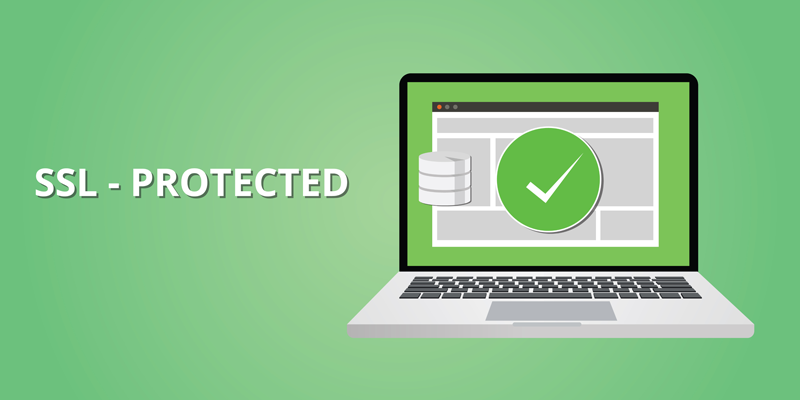Potential Security Threats To Your Computer Systems
Do you know that your personal data can be stolen? Do you know that computer data theft cases have increased? Do you keep your system or computer fully secured? Do you know that your bank account details can be accessed easily? If the answer to these questions is a no then you must think about your computer data safety right now.
It is mandatory to keep your computer system highly secured and protected. If you do not know about such threats that cannot only steal your computer data but can also damage your system’s functioning then this article is for you. Here, we are going to discuss about various potential computer data threats.

- Viruses: Yes, we all must have heard of viruses. Virus is nothing but a malicious program that keeps reproducing itself in order to damage the computer system. If your system catches virus then its routine jobs are interrupted and after certain period of time, your system becomes useless. The question is how many of us actually take precautions to prevent viruses in our system? How many of us install a licensed antivirus in our computer systems? Hardly 3 out of 10 and that’s a sad thing.
- Phishing: Don’t ever get fooled by a fake website that gives you various lucrative offers and in return demands all your important details. This is phishing. Such attacks are meant to steal all your important details such as personal information, bank details, credit card number etc. so that your identity is used.
- Trojan: Trojan is one of the most complex threats among all. It has a capacity to acquire all your bank details and steal data from your online transactions. Viruses such as Zeus and SpyEye are really powerful and can disable your security system in minutes. Trojan is never detected in the security/virus scans. It is essential to keep your system protected from such viruses.
- Worms: Such Threats are meant to eat up your hard disk and memory space. Worms are designed to replicate at a greater speed in a computer system and it also spreads from one system to another. The spread is on such a large scale that your system malfunctions.
- Spyware: This type of attack is meant to monitor all the activities and information being transferred in various transactions. If you are infected with it, probably your daily activity or certain activity will be spied by the spyware and it will find itself a way to contact the host of this malware.
- Wabbits: Wabbits is a self replicating threat that does not disturb the functioning but eats your system’s memory and space.
- Exploit: Exploit attacks specific vulnerability on the user’s system. For example, System has an outdated plug in then an attacker will try to work on your out dated flash plug in so that it can collect all the data and information so that it can be misused later.
The most common ways through which system data theft happens:
- Lost pen-drives/portable devices which carry sensitive information data and information.
- Connection with unsecured wifi/network.
- Open networks.
- Lack of SSL certificates.
In a world where computer system data is being stolen, one way to prevent your system from such threats is through SSL (Secure Sockets Layers) certificates.
Let us know what SSL Certificates are all about. SSL certificates are very small data files that are cryptographed key to an organization’s details. The best thing about SSL certificates is that these allow secure connections between a web server and a browser. The information is read by only the intended receiver. This not only keeps your system’s data secured over the internet but also warns you in case you are diverted to any malware link or website.
SSL allows personal and sensitive information such as credit card numbers, SSN (social security number), and login credentials to be transmitted securely.
Normally what happens is that the data is being sent between browsers and web servers in plain text which leads to various thefts and unprotected transactions. If an attacker is able to decode all data being sent between a browser and a web server, he can misuse that information.
Personal contact info – slikgepotenuz@gmail.com
Permanent Address :- Montville, NJ
CEO and co-founder at Cloudsmallbusinessservice.com